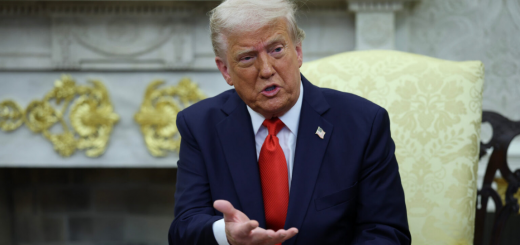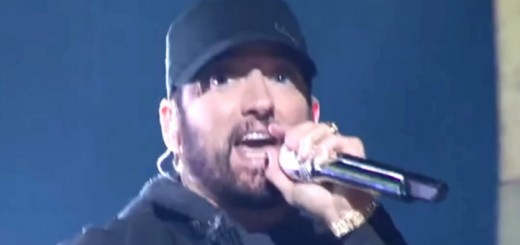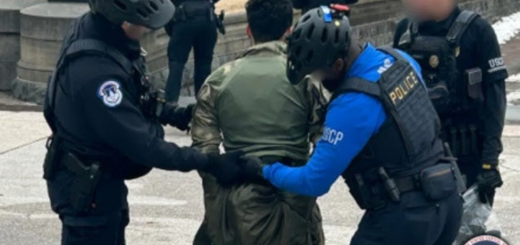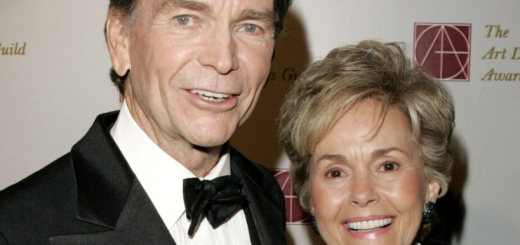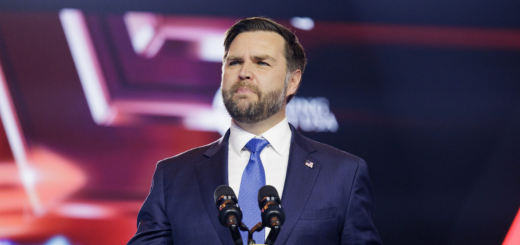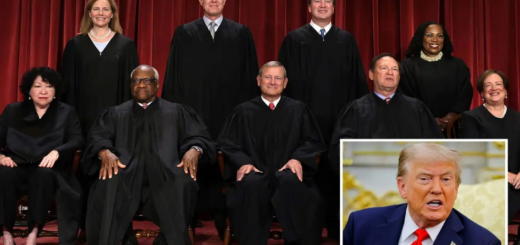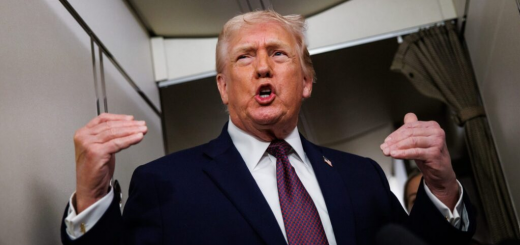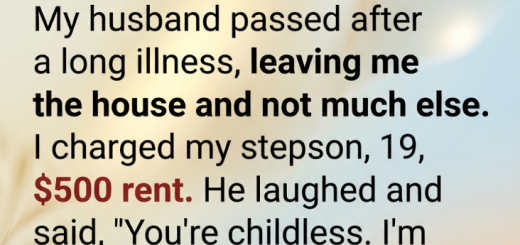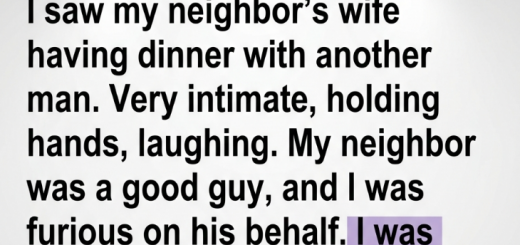Biden’s Controversial Pardons for Cheney, Fauci, and Others Could Backfire, Legal Experts Warn
As Joe Biden’s presidency drew to a close, he made headlines with a series of last-minute pardons aimed at protecting key allies, including former Republican Congresswoman Liz Cheney, Dr. Anthony Fauci, and Gen. Mark Milley.
The pardons, which also extended to members of the January 6 Committee, were seen by many as a preemptive measure against potential legal actions by the incoming Trump administration. However, legal experts are highlighting significant limitations and potential risks tied to Biden’s controversial decision.
The pardons sparked heated debate across political and legal circles. Critics argue that while these pardons may shield recipients from prosecution for specific offenses, they do not exempt them from testifying under oath in civil, criminal, or congressional proceedings.
Legal expert Jesse Binnall noted that pardoned individuals cannot invoke the Fifth Amendment to avoid self-incrimination during testimonies.
“These pardons might have unintended consequences,” Binnall commented on X (formerly Twitter). “Recipients will still be required to testify truthfully and could face perjury charges if they lie under oath.”
Former U.S. Army officer and attorney Kurt Schlichter raised additional concerns about fairness, calling for testimonies to take place outside Washington, D.C., which he described as a “biased venue.”
He argued that moving depositions to less polarized locations could provide a fairer judicial process.
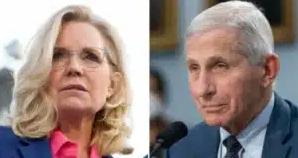
Donald Trump, on his first day back in the Oval Office, did not hold back in criticizing Biden’s actions. Speaking to reporters, Trump specifically targeted Cheney, calling her a “crying lunatic” and accusing her of committing “serious crimes.”
Legal experts have also pointed out the limits of presidential pardons, emphasizing that they only apply to offenses committed prior to the pardon’s issuance. Josh Barnett, a legal commentator, explained on X that any new offenses, including charges like treason, would not be covered. “Pardons are not a blank check,” Barnett wrote.
“If someone commits new crimes or treason after receiving a pardon, they remain fully accountable under the law.”
The inclusion of Gen. Mark Milley in Biden’s pardon list has added fuel to the controversy. Milley, who faced criticism from Trump over reports that he contacted his Chinese counterpart during the final days of Trump’s first term, has been accused by some conservatives of undermining national security.
Critics argue that while Biden’s pardon may shield Milley from certain allegations, it does not absolve him of potential charges of treason if such claims are substantiated.
Biden’s last-minute pardons highlight the deeply polarized state of American politics. While Democrats have praised the move as a necessary step to protect public servants, Republicans see it as an attempt to shield political allies from accountability.
As the dust settles, these pardons are likely to face intense legal and political scrutiny in the months ahead.
The controversy underscores the complexity and limitations of presidential pardons, setting the stage for continued legal battles and partisan clashes.
Whether Biden’s decision will stand as a protective measure or a political misstep remains to be seen, but one thing is certain: the debate is far from over.




